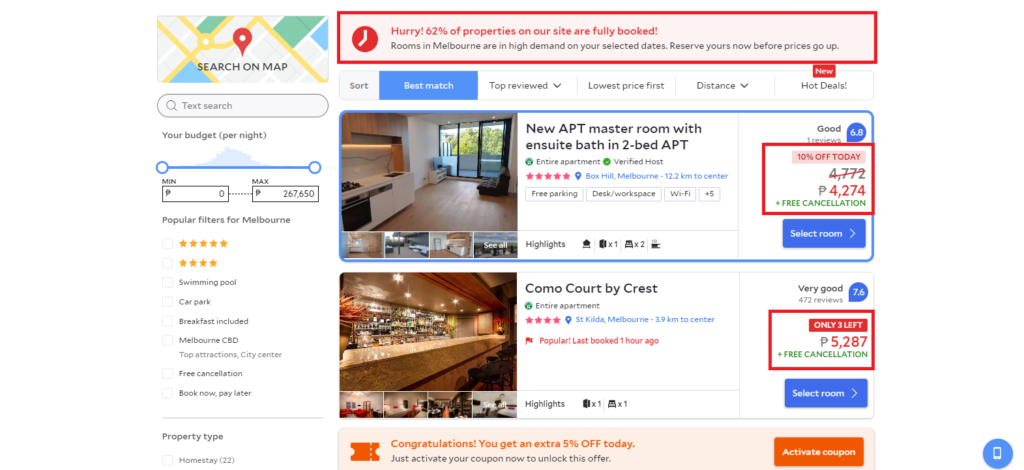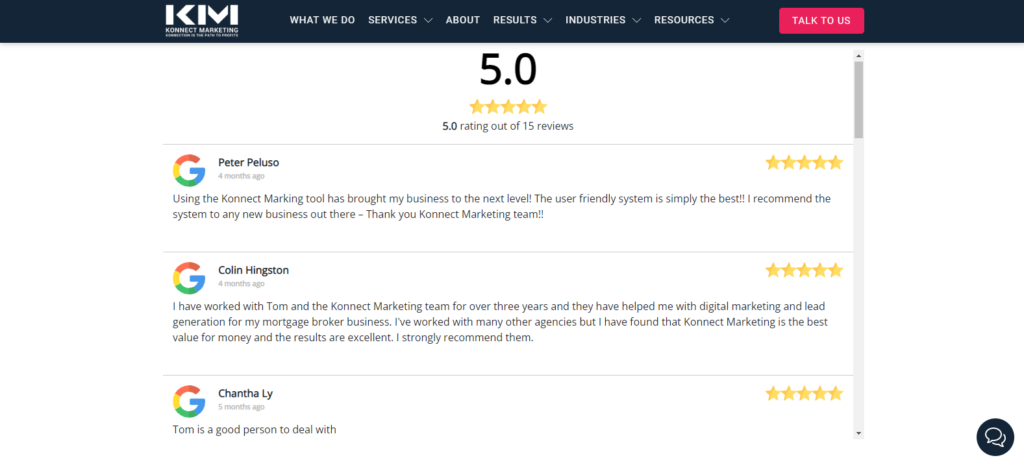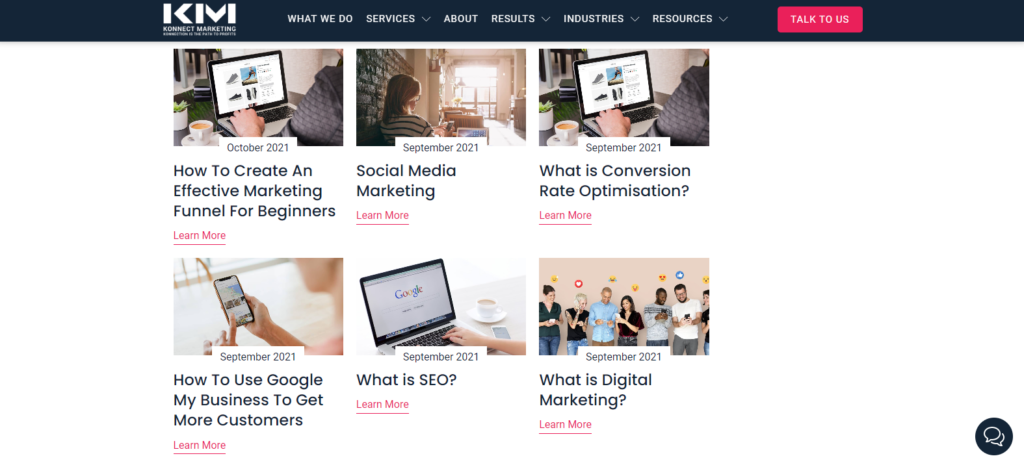Psychology has long been used in marketing and advertising to influence consumer behaviour. And there's a good reason for this - psychology can be incredibly effective in boosting marketing results.
Some of the most successful marketers and advertisers understand the psychological principles that drive human behaviour and use this knowledge to their advantage. By understanding how people think and what motivates them, you can create more persuasive campaigns that lead to better results.
Suppose you are one of those marketers who don't know how to leverage psychology in marketing. Then you are in the right place! This article will teach you how to use psychology in marketing to boost your results using different psychological principles.
Most Important Psychological Principles in Marketing
The Scarcity Principle

The scarcity principle is a basic economic concept that describes the relationship between availability and demand. In general, when something is scarce (in limited supply), it is more expensive than when it is abundant (plentiful).
Ultimately, this principle is based on the simple idea that people are willing to pay more for something rare or in limited supply. They perceive something as more valuable and are more likely to want it when it is scarce.
You can use this principle in your marketing by creating a sense of urgency and scarcity. For example, you might offer a limited-time discount or bonus. Or you might create a sense of urgency by running a contest with a deadline.
The Social Proof Principle

This is the idea that people tend to copy the actions of others to feel like they belong. In other words, if we see other people doing something, we're more likely to do it ourselves. The social proof principle creates a snowball effect, in which one person's actions encourage others.
This idea can be used in various decisions, such as determining where to eat or whether to cast a vote.
Some businesses use social proof as a way to increase sales. For example, they may show customer testimonials or display how many people have purchased their product.
The Reciprocity Principle

It is a social rule that we should repay favours, kind actions, and gifts. This principle states that people are more likely to do something for someone who has done something for them first. The principle of reciprocity is often used in marketing, especially in gifts or samples.
For example, you might offer a free ebook or report to people who sign up for your email list. Or you might provide a discount for people who purchase from your website.
The Authority Principle

The authority principle is a fundamental concept in marketing that states that people are more likely to buy from sources that they perceive as being credible and trustworthy. In other words, people are more likely to believe and act on information from an authoritative source than from a less authoritative one.
You can use this principle in your marketing by positioning yourself or your business as an expert in your industry. For example, you might write articles or blog posts that show your expertise. Or you might give speeches or presentations that showcase your knowledge.
The Liking Principle

When it comes to marketing, the "liking principle" is about understanding what people like and trying to tap into it. If you can figure out what someone wants, you can use that information to make them more likely to buy from you or engage with your brand.
One way to determine what people like is to look at their behaviours. This can involve observing what they buy, how they interact with brands, etc. The data can then be used to develop marketing strategies more likely to resonate with people.
For example, you might use humour in your marketing materials. Or you might use images or stories that evoke positive emotions.
The Colour Principle

The colours you use in your marketing materials can significantly impact how effective they are. Different colours evoke different emotions, so you'll want to choose appropriate colours for your product or service and your target audience.
For example, if you're selling a product designed to be relaxing, you might want to use cool colours like blue or green. Or, if you're trying to appeal to a younger audience, you might want to use brighter, more energetic colours.
The Familiarity Principle

This principle states that people are more likely to do something if they perceive it as familiar. This preference can be based on experience, exposure, or simply the fact that something is more familiar than other options.
You can use this principle in your marketing by making your offer or call to action familiar and easy to understand. For example, you might use simple language in your marketing materials. Or you might use well-known symbols or images.

